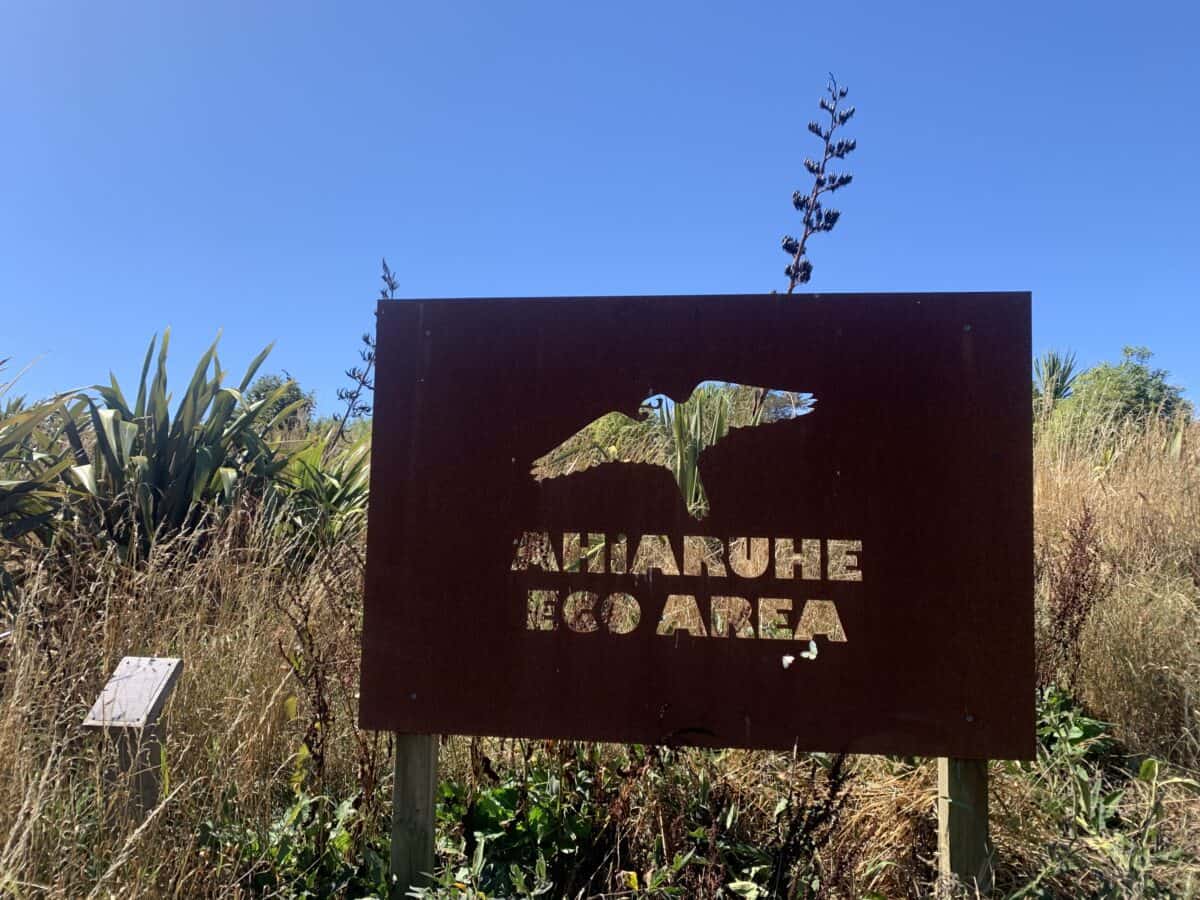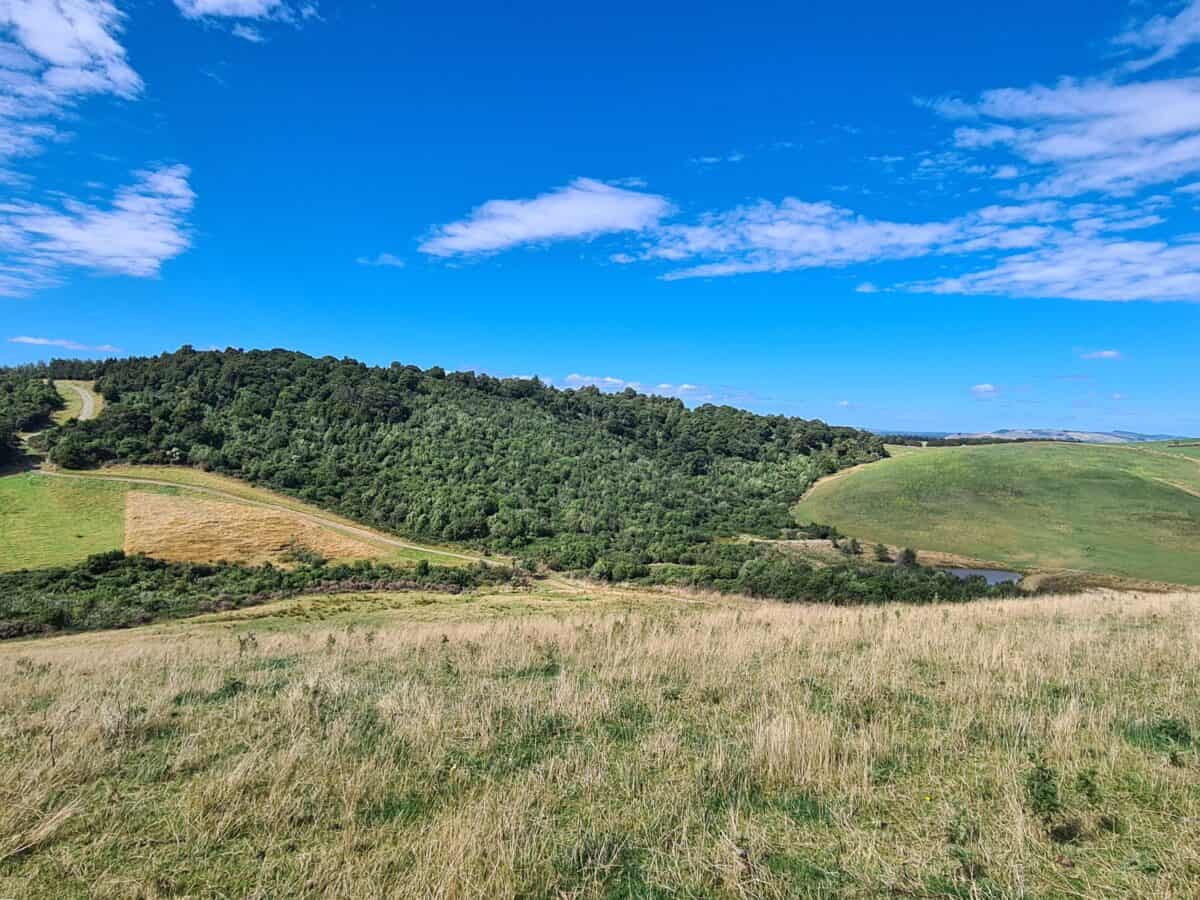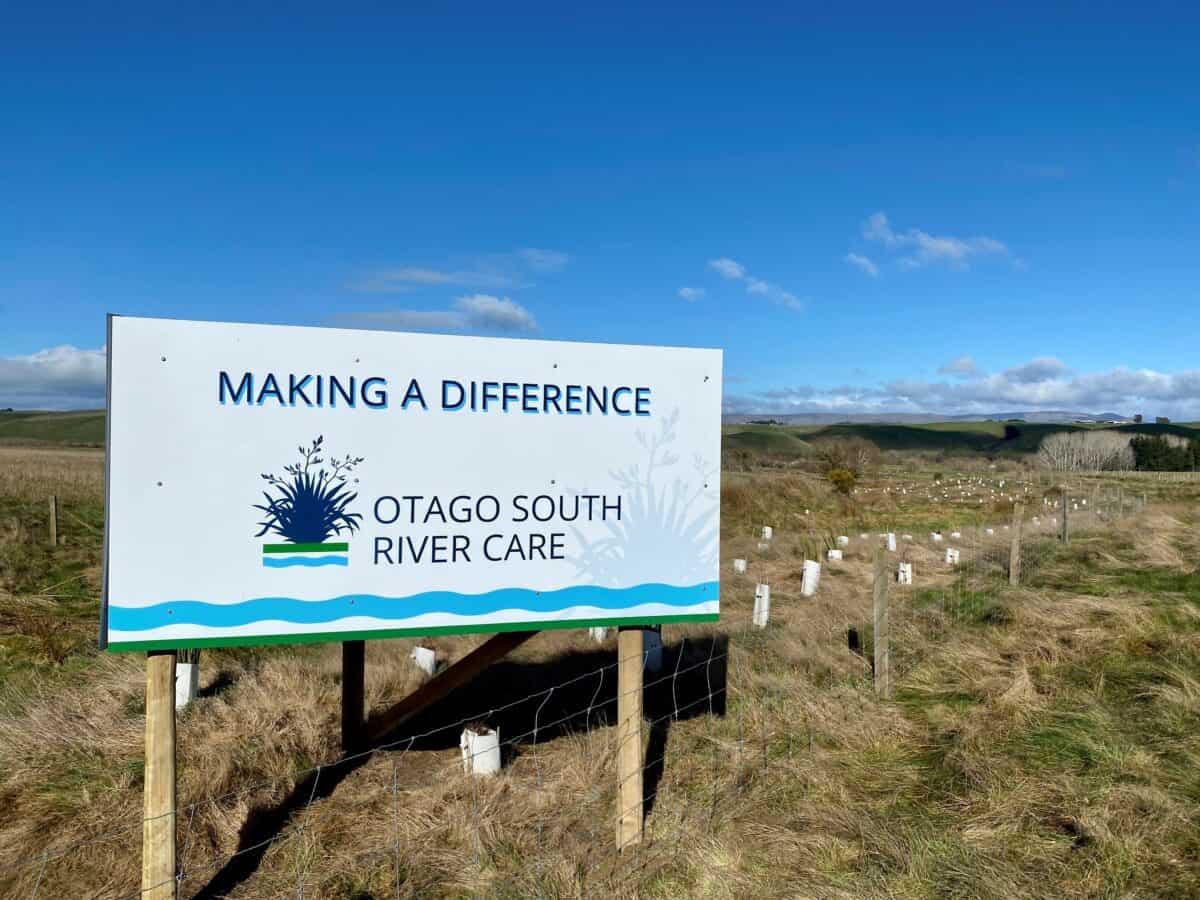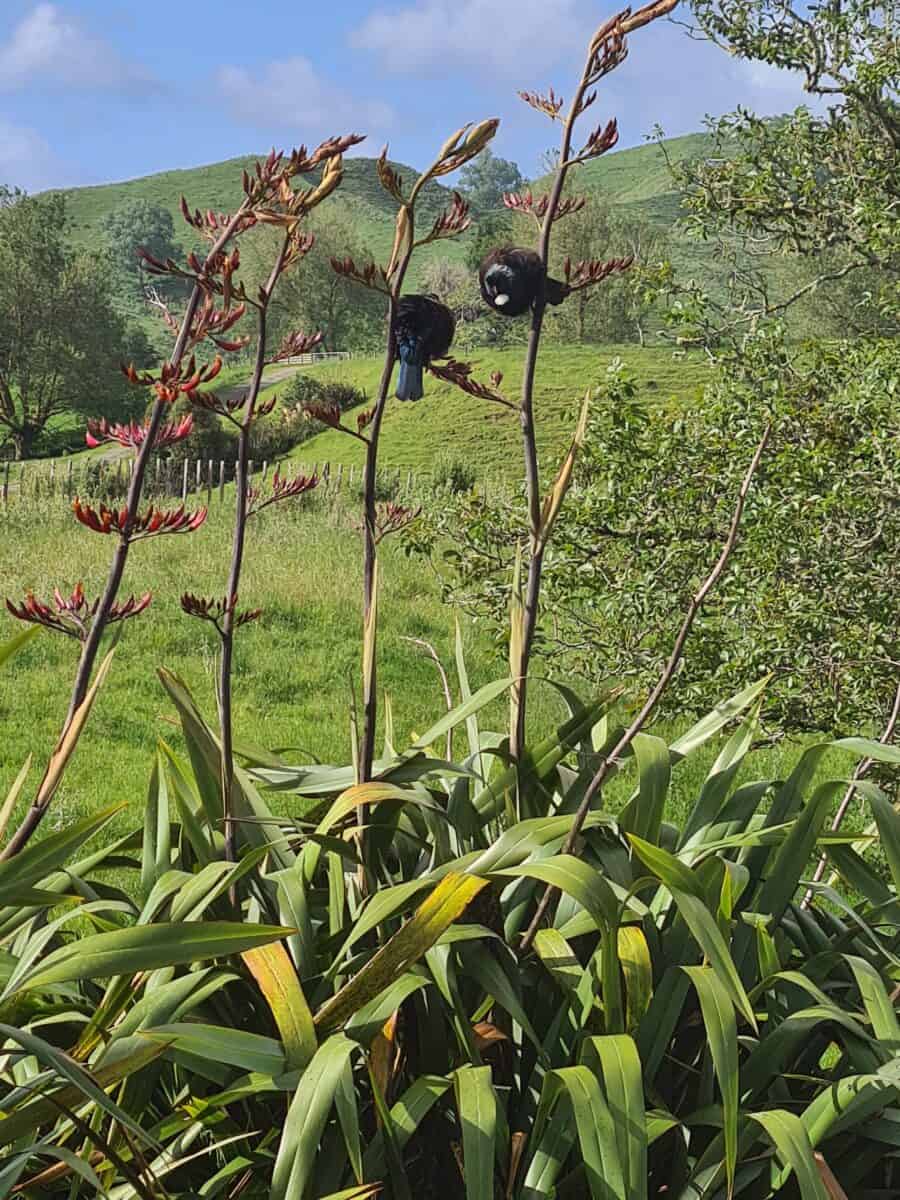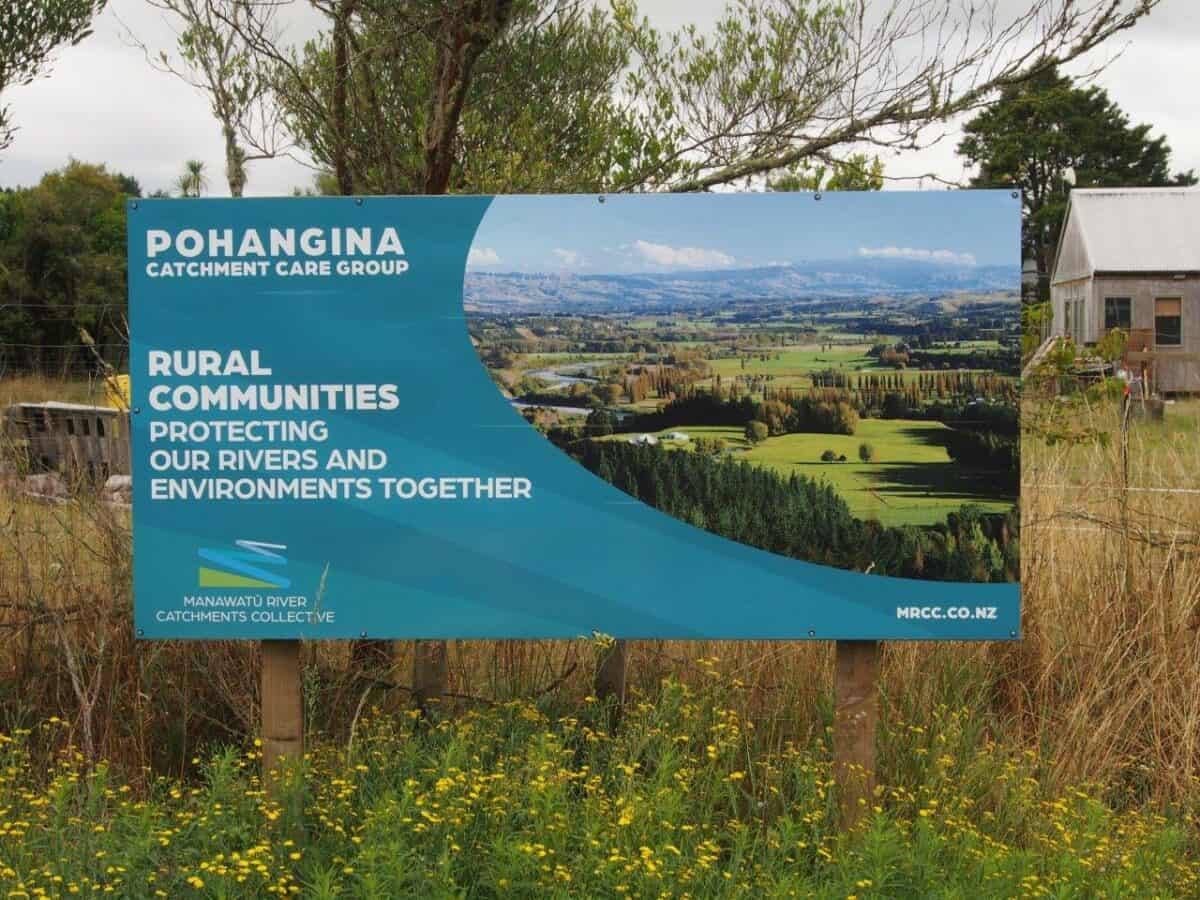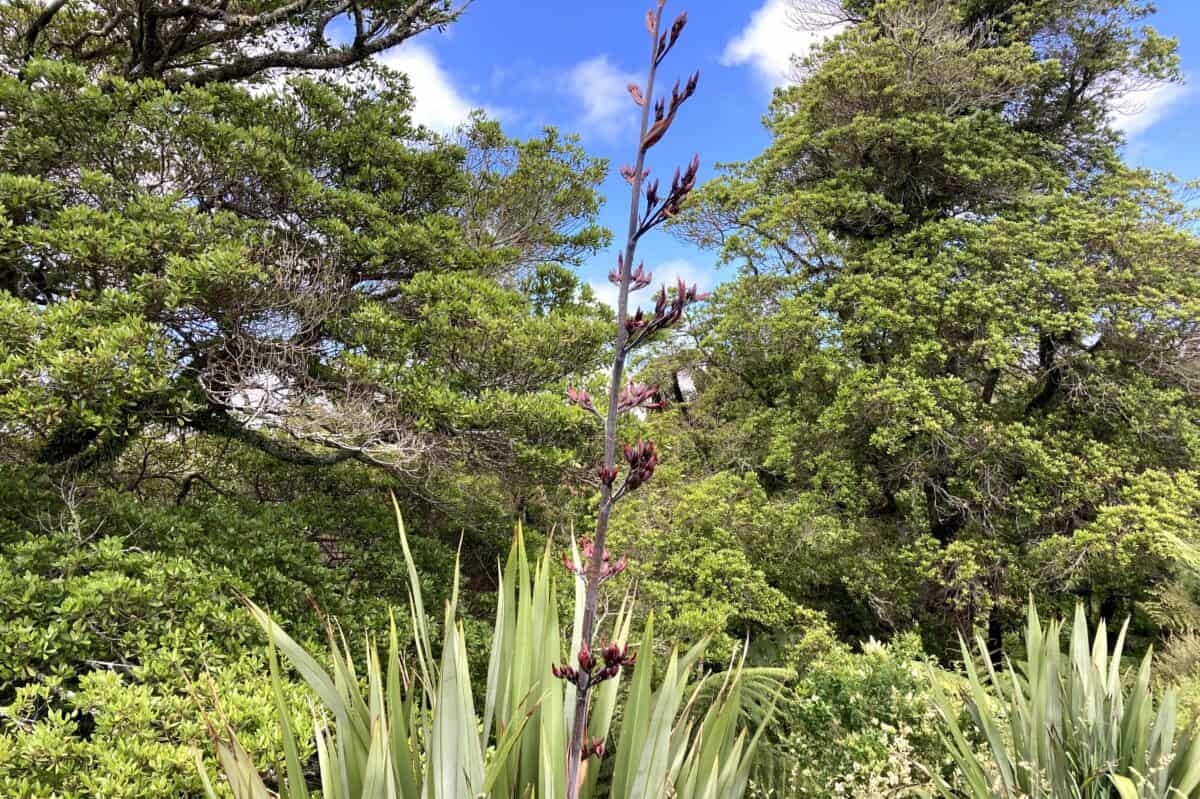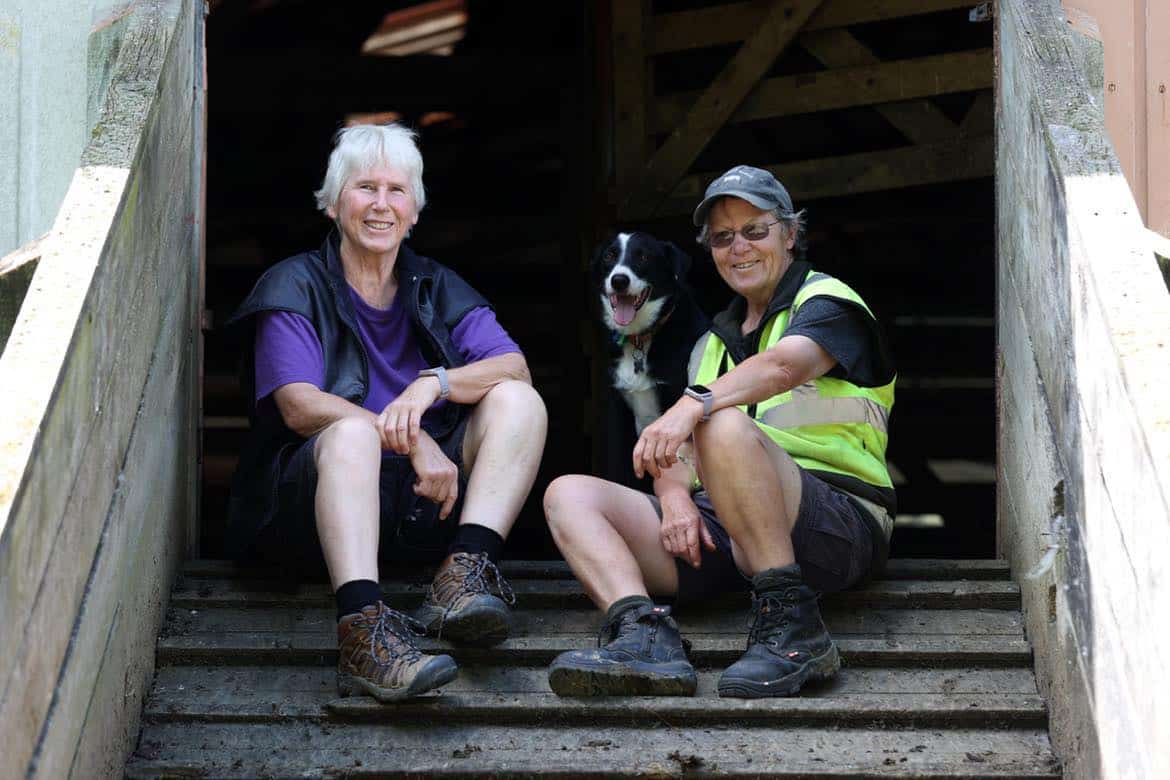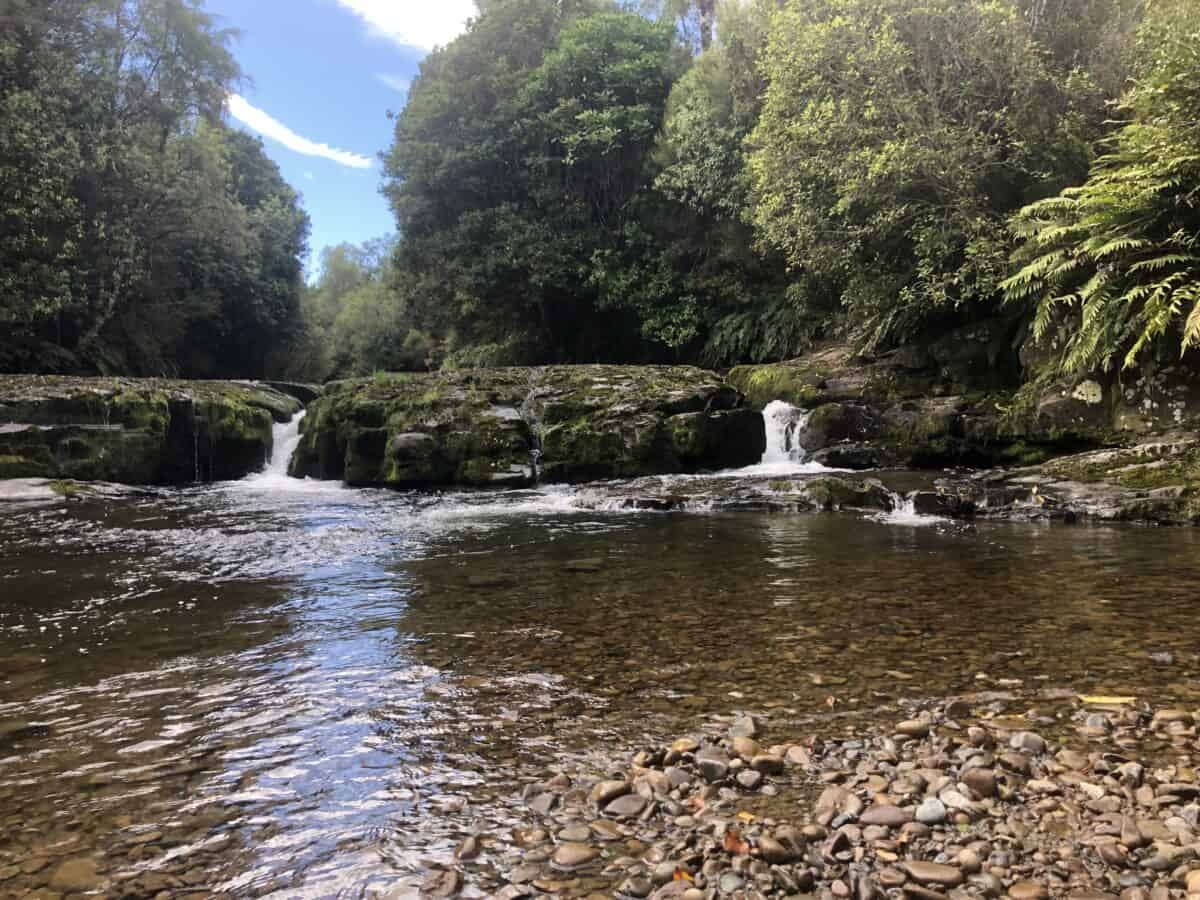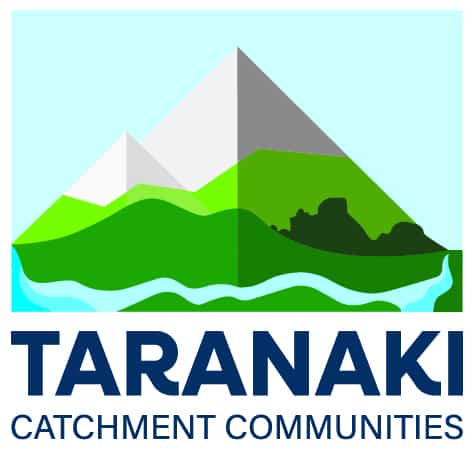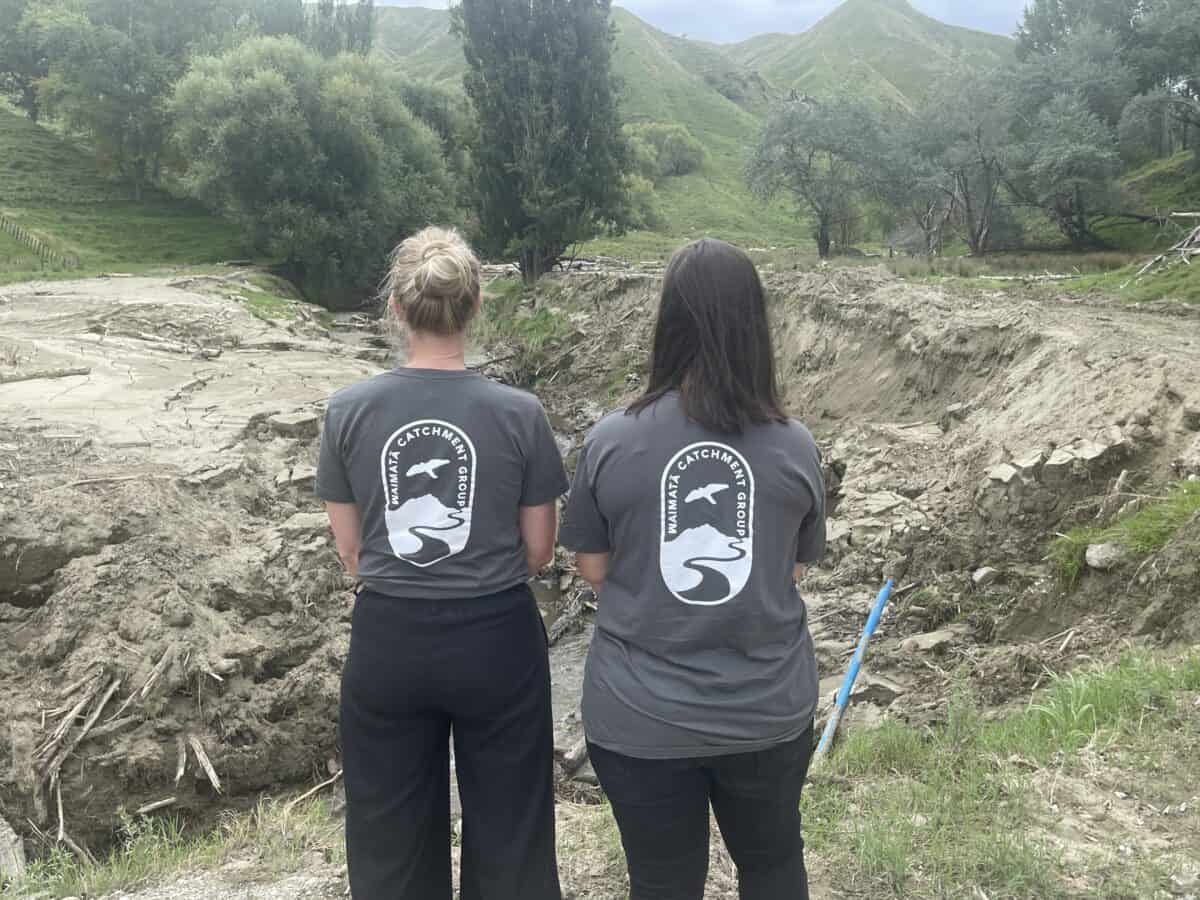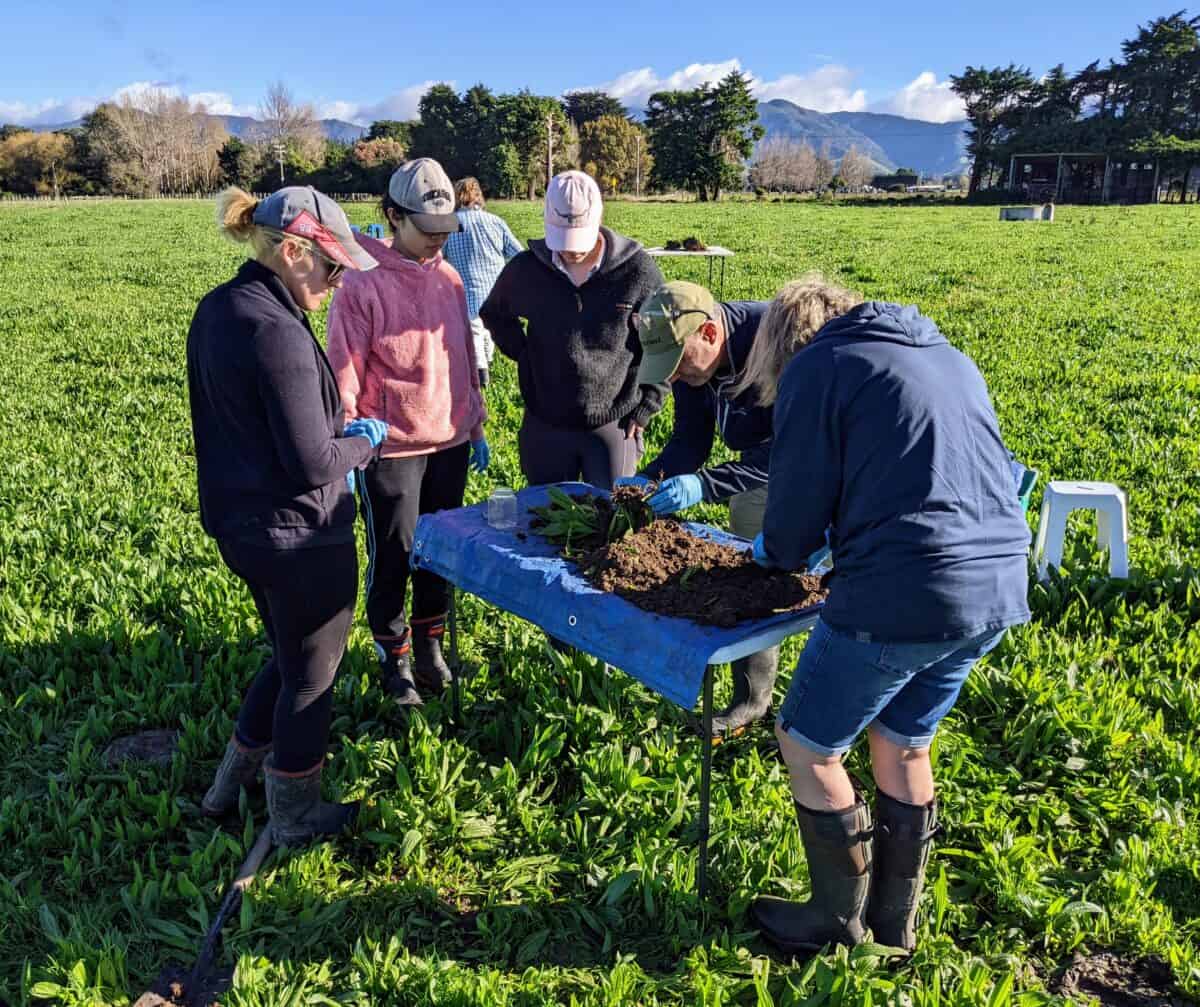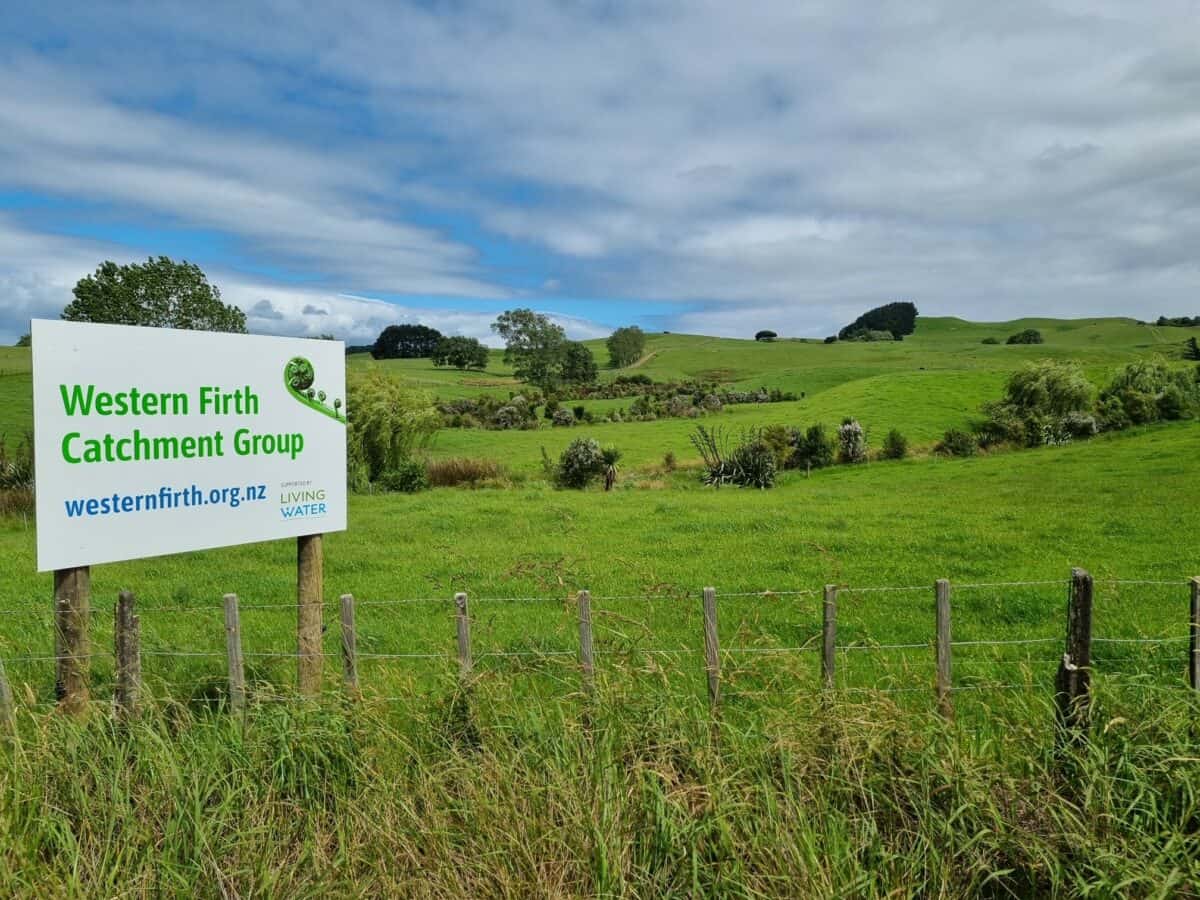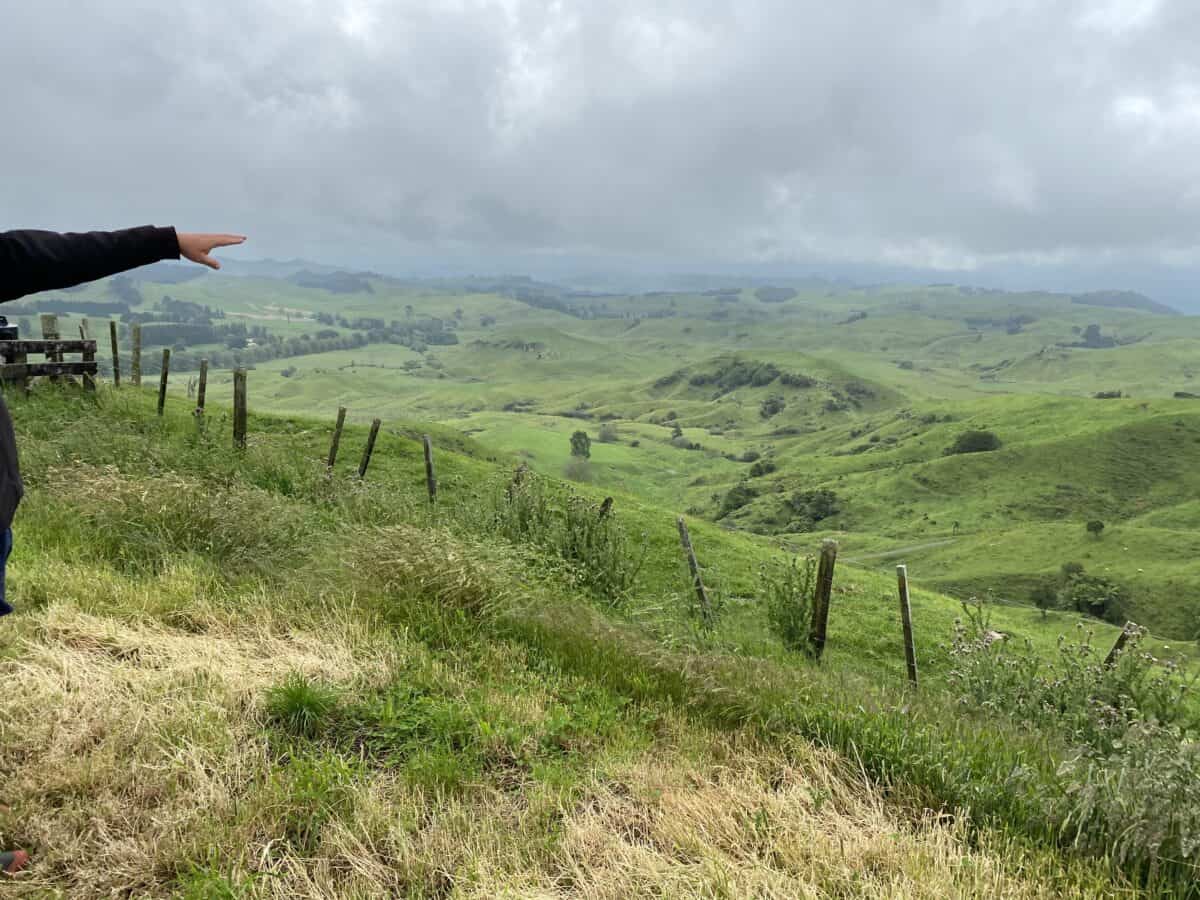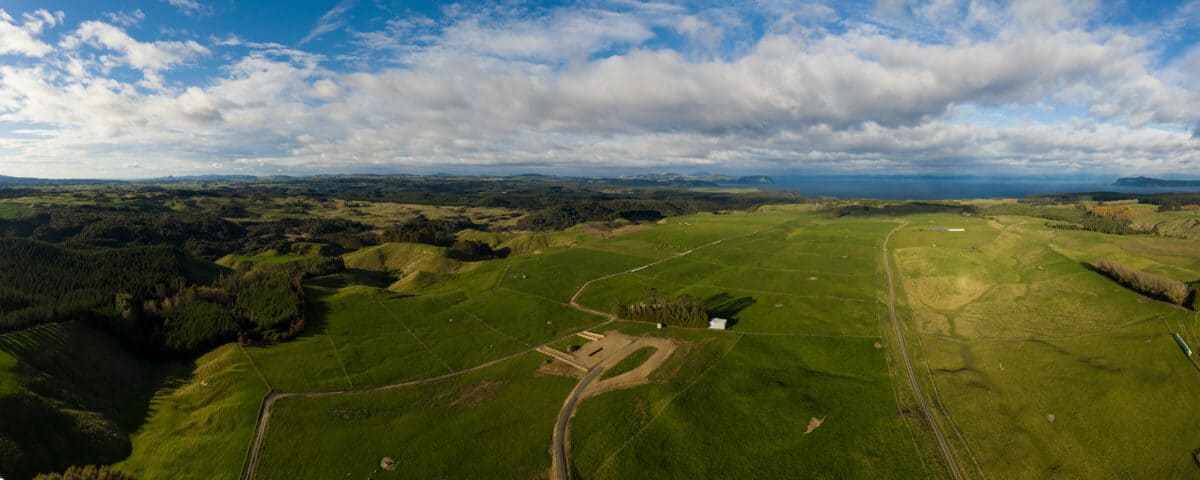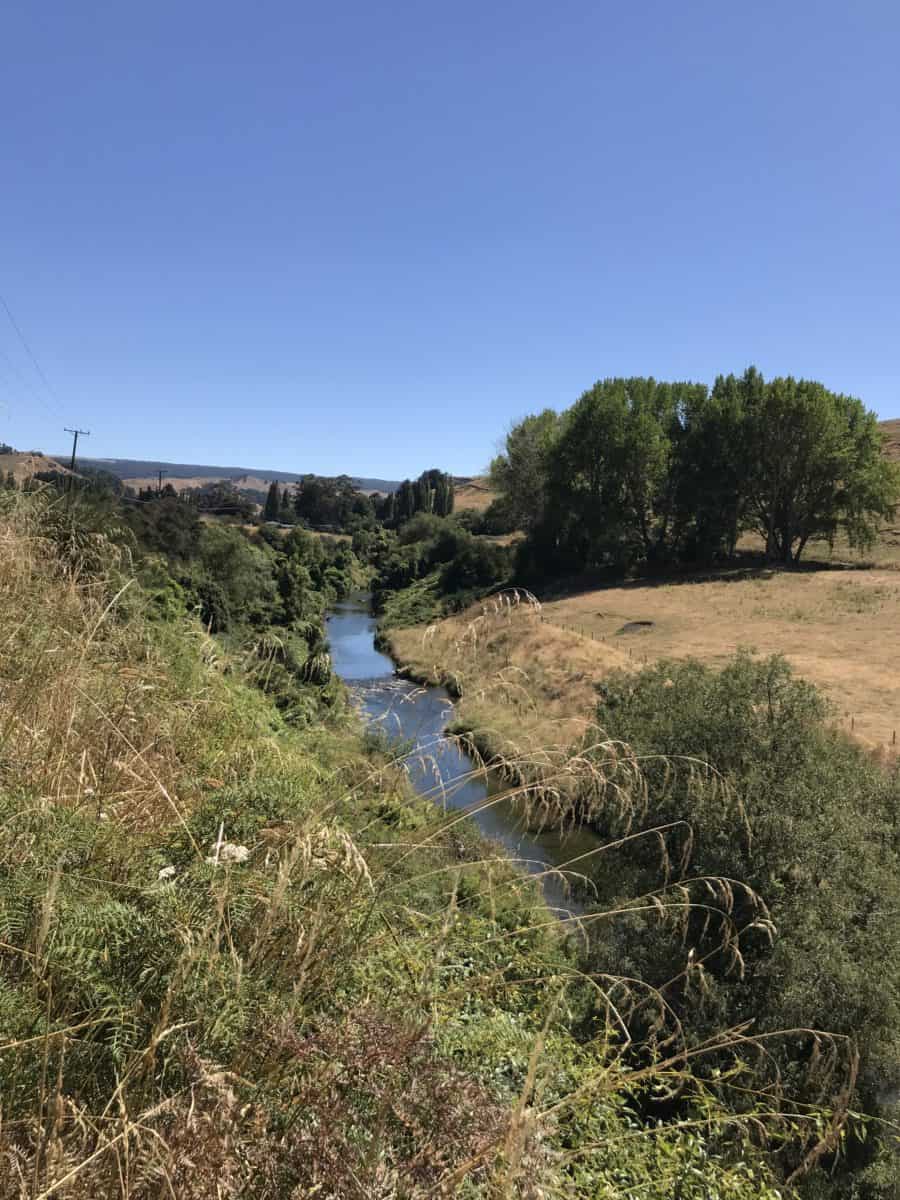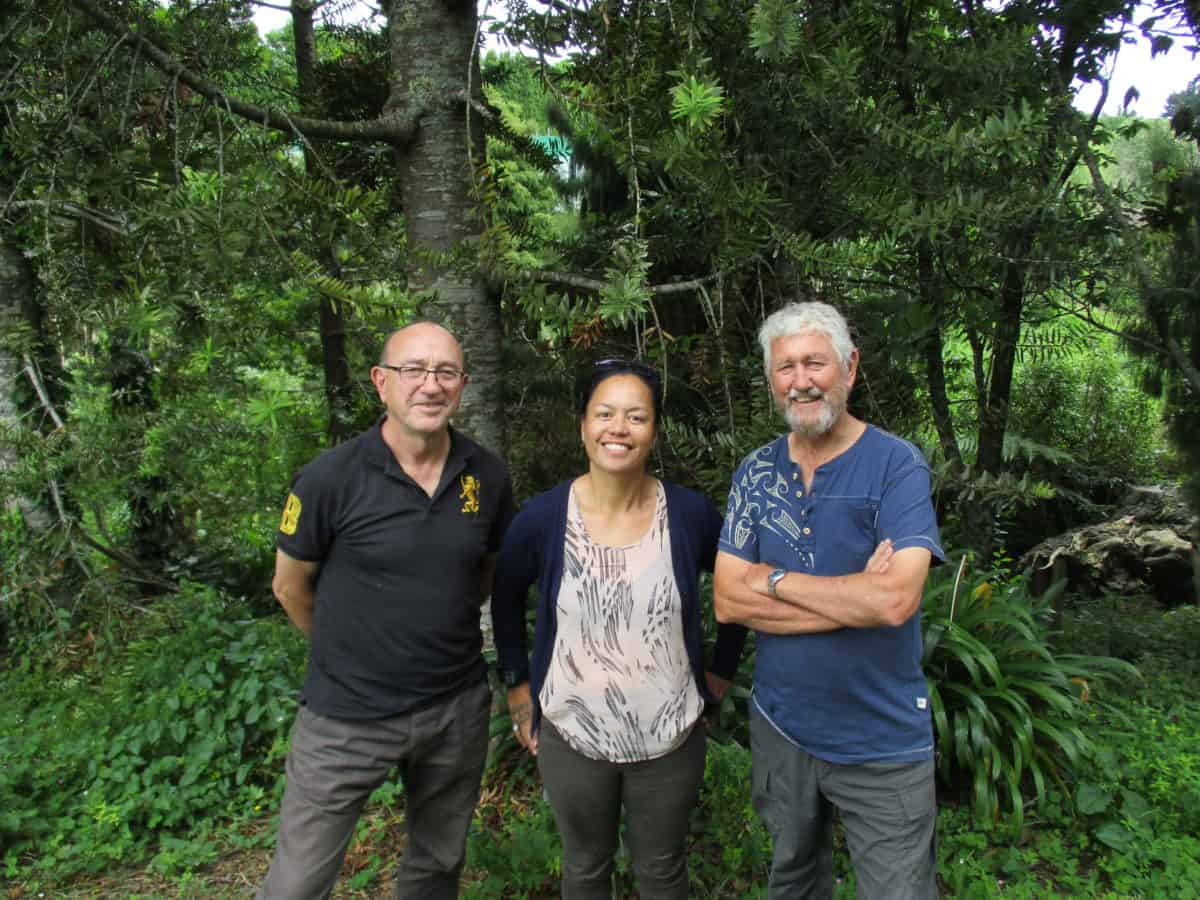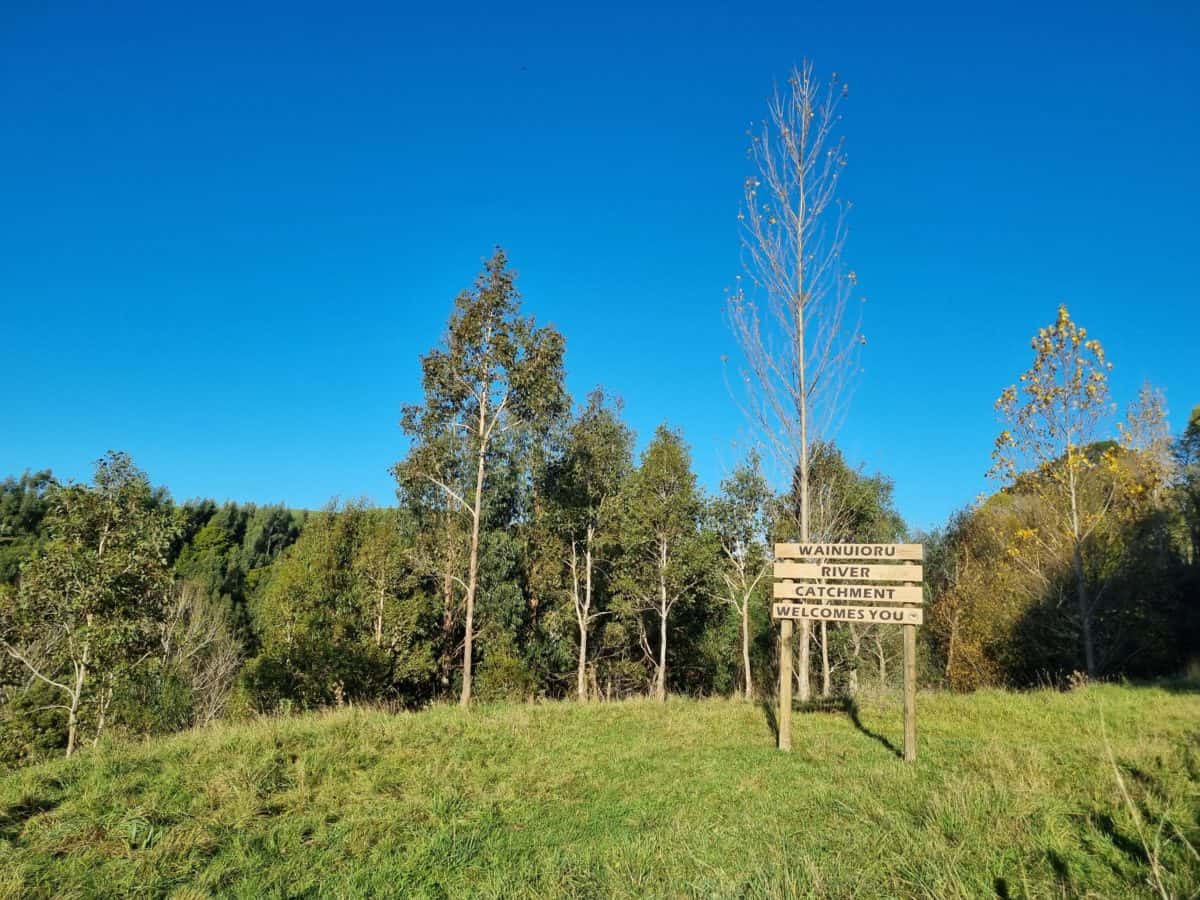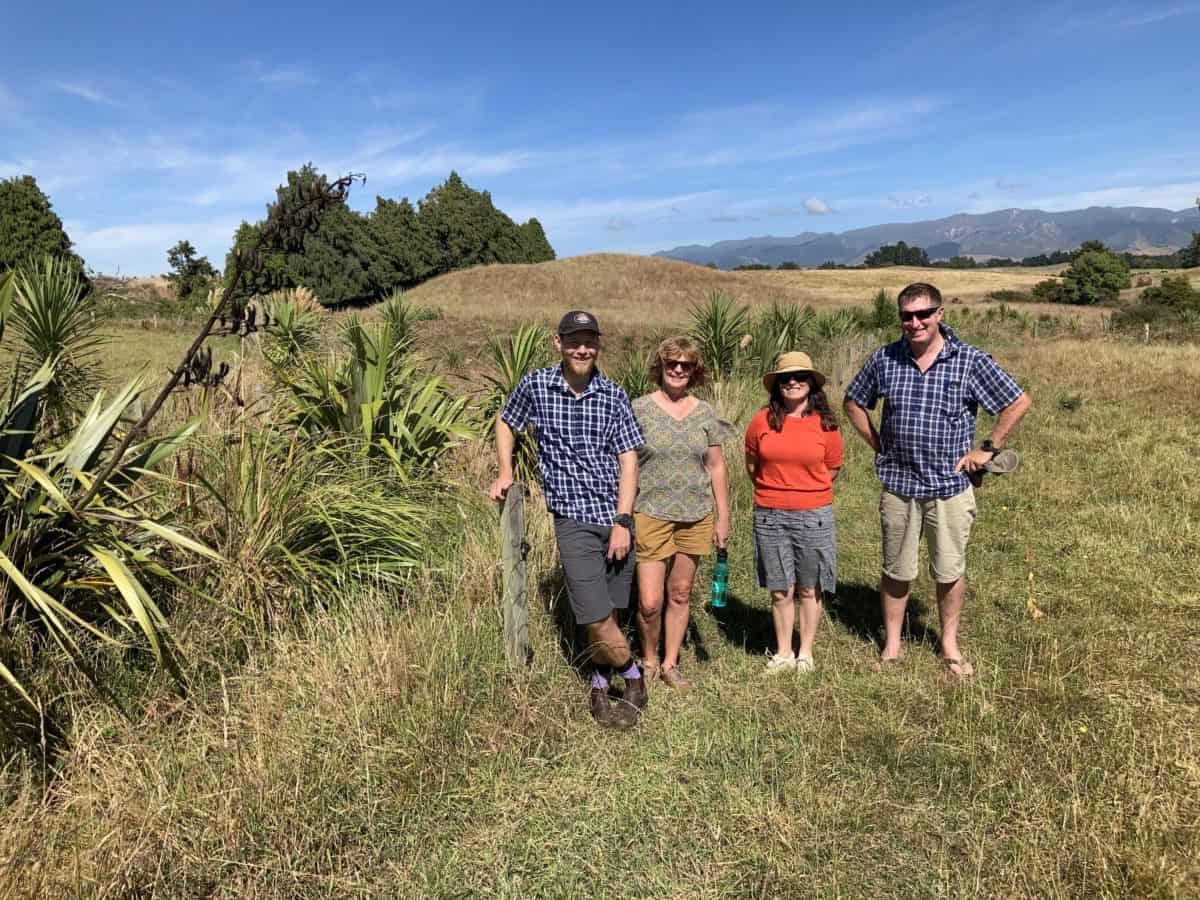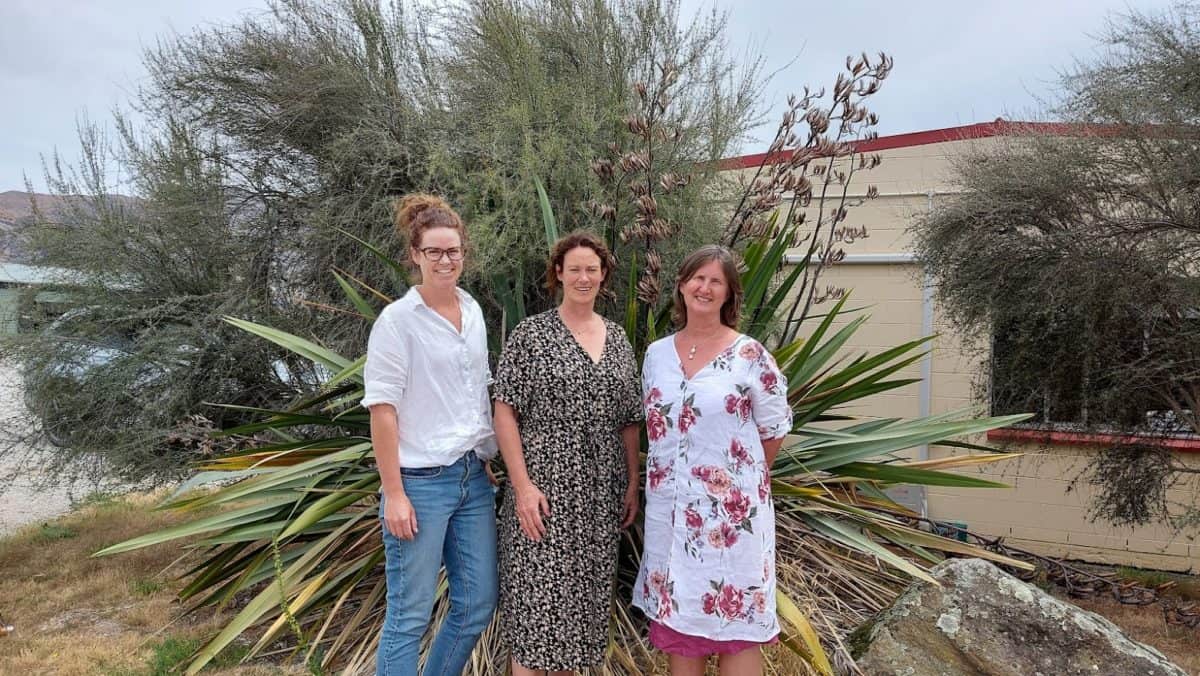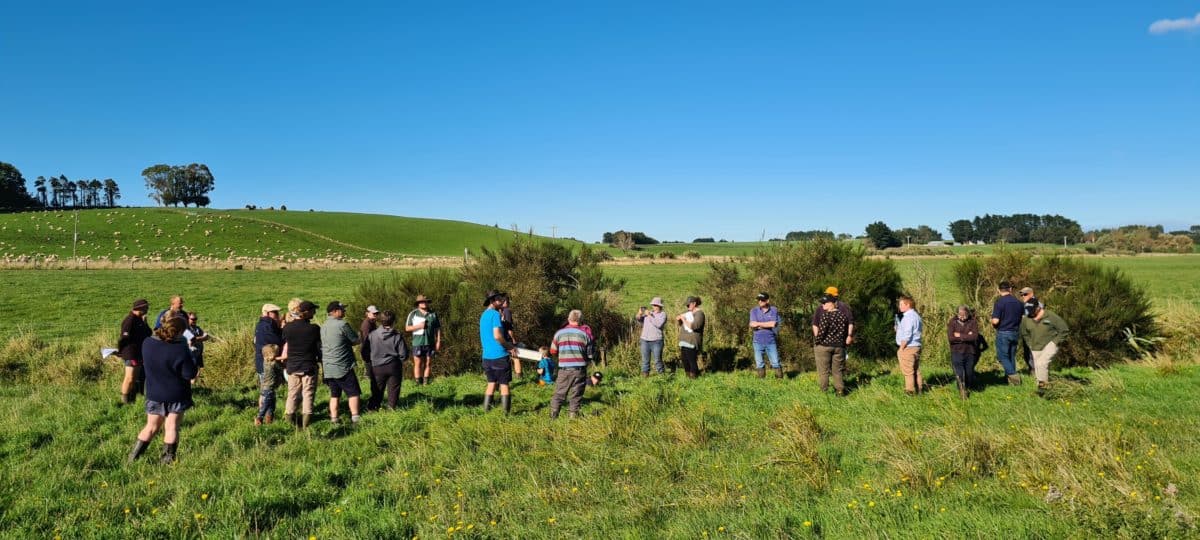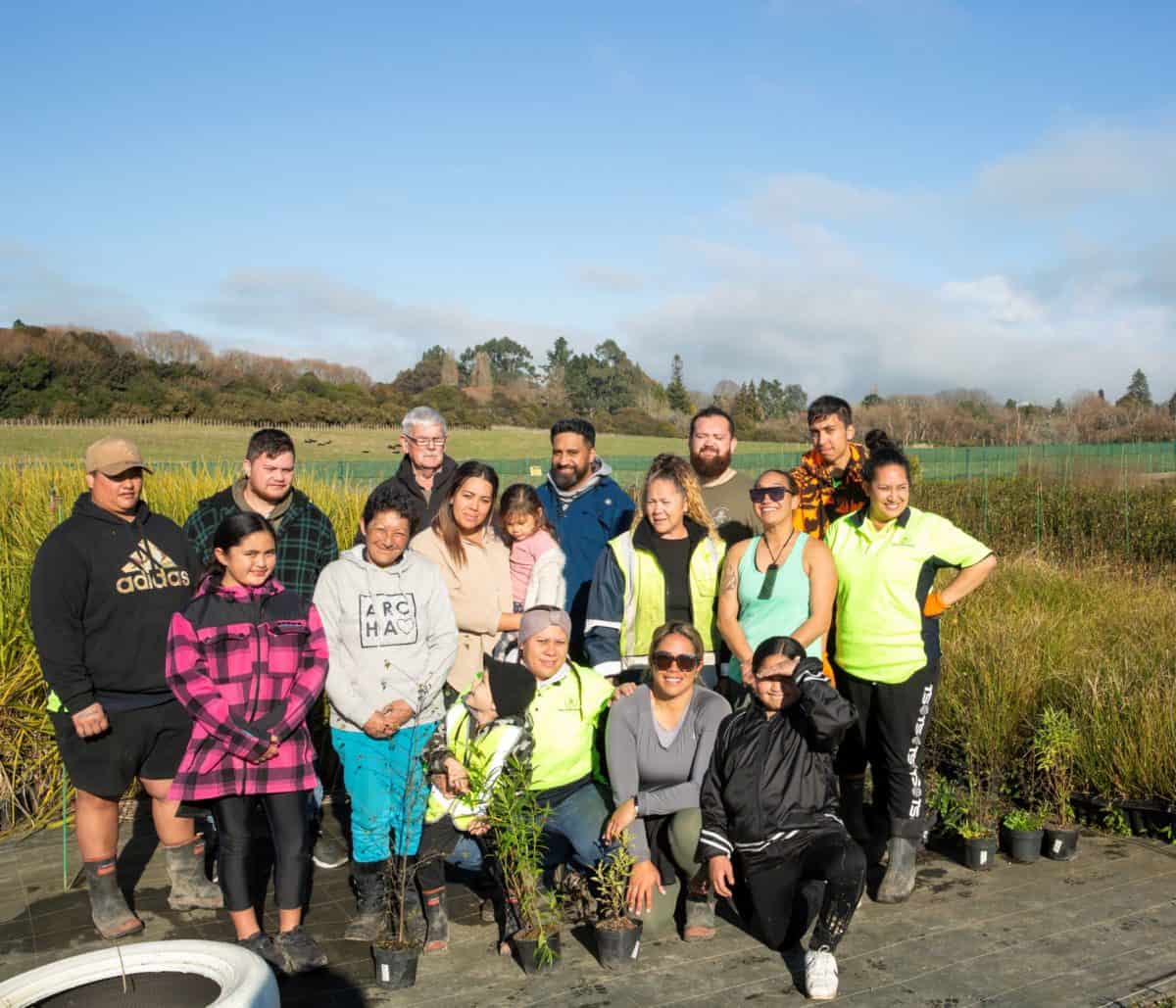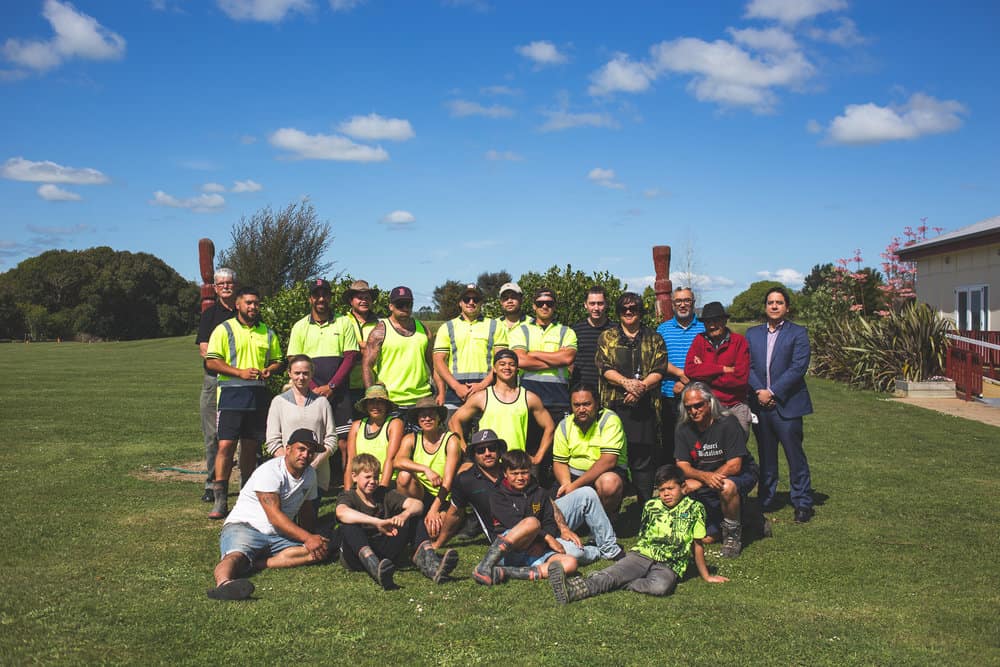Otago Catchment Community – Catchment Group
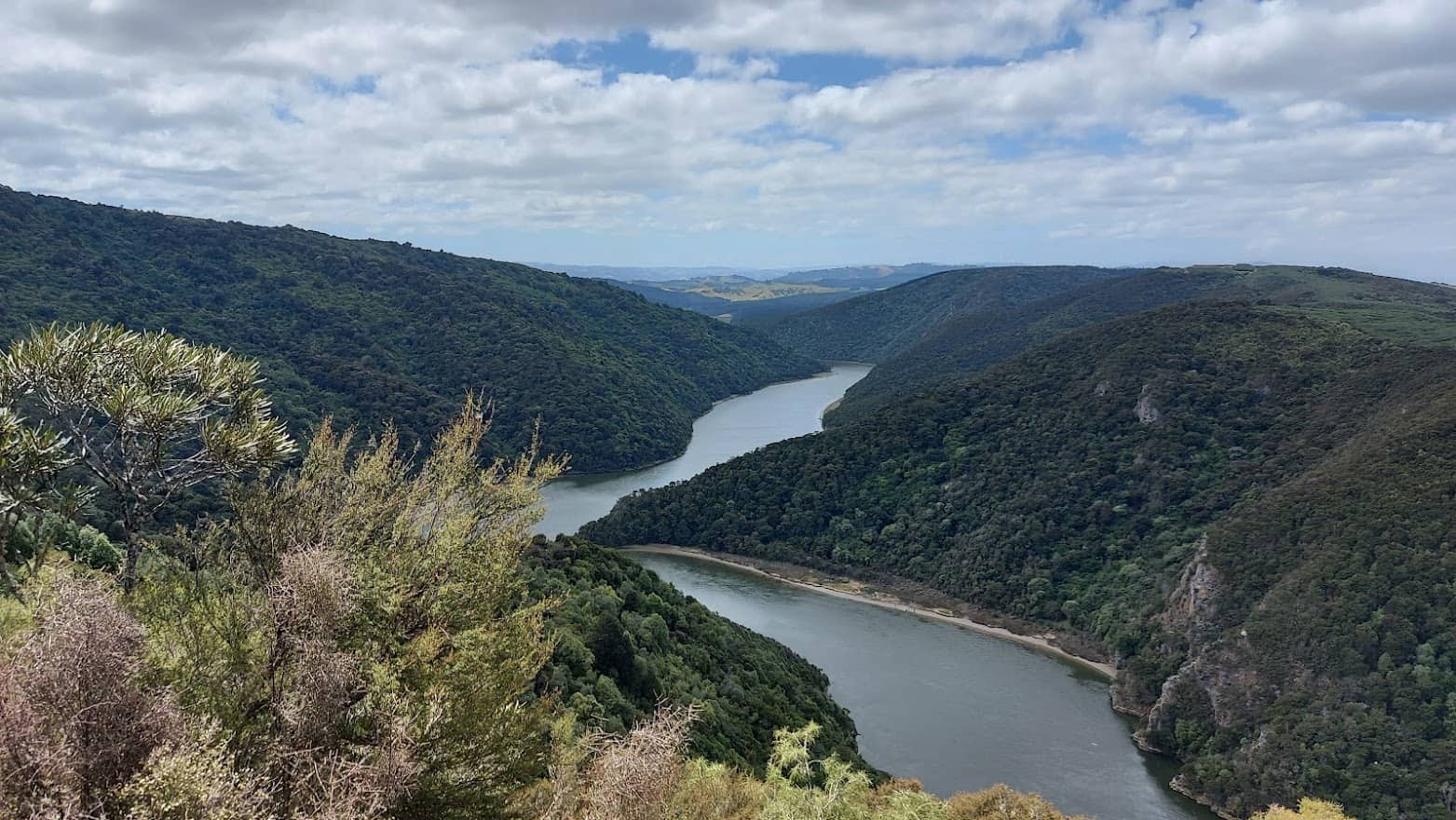
2023 Catchment Group: Otago Catchment Community
In just two years, the Otago Catchment Community has established a robust support network that is helping to build environmental resilience across the region.
Formed in response to the need for local organisational support, the OCC works to enable a collaborative network of catchment groups and provide support for groups at all stages of their journey.
With two full-time coordinators and the backing of an experienced steering committee, the OCC assists with the formation and direction of new and existing catchment groups, providing administration and communication support, helping set and review strategies, identifying funding sources, and empowering groups with the connections and tools needed to drive environmental change.
Encapsulating 24 formed Catchment Groups, and 23 further groups that are working towards establishing a formal structure, the OCC works with each individual group to articulate their mission and formulate an action plan to achieve their goals.
A key role of the OCC is to facilitate access to experts, information and technology, as well as working as a conduit between government, regional authorities and stakeholders.
With the goal of building knowledge and connecting groups to experts, the OCC delivers an annual roadshow – with last year’s focusing on biodiversity. Six workshops were held across the region, with the content localised to each district. The aim of the sessions was to build understanding around regulations and biodiversity within farming systems, drawing on local knowledge to provide insight to aid with developing individual farm environment plans.
The OCC is hugely grateful to be funded primarily by Otago Regional Council, which provides surety and allows the organisation to be dynamic in delivering on their objectives. They are co-funded by MPI and also work closely with and have the support of Beef and Lamb NZ and NZ Landcare Trust.
A lot of the OCC’s work is around building and maintaining momentum within the various unique catchment groups of Otago, with the knowledge that the success of the community might only be realised in future generations.
